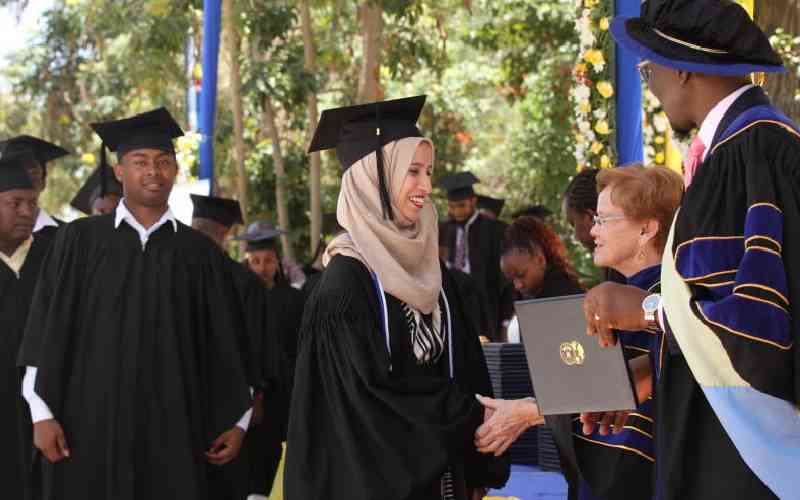
The state should rethink the new model of financing university education since it will disadvantage students from poor backgrounds. When a clear criterion is not in place to ascertain the neediest cases, then we know that the system is prone to manipulation and abuse.
I learnt that the new model stipulates that the level of funding for each student will depend on the monthly household income and that each student will individually apply for the scholarship and loans after receiving admission letters. The fact that the new model will seek to channel higher education assistance directly to individual students based on carefully curated criteria is a recipe to abuse and a manipulation that risks leaving bright but needy students out of funding.